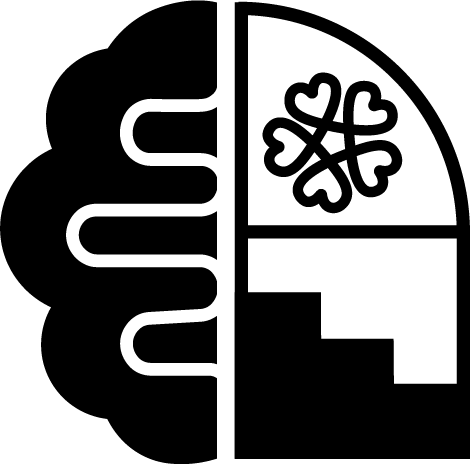Understanding Anxiety Disorders (what it is, treatment, how to support a loved one)
Anxiety disorders are more common than we might think, affecting millions of people around the world. Despite their prevalence, there remains a significant lack of understanding surrounding these conditions. In this blog post, I will delve into the world of anxiety disorders, shedding light on their causes, symptoms, and available treatment options. By enhancing our understanding, we can provide support and compassion to those who grapple with anxiety disorders, helping them navigate a path towards recovery.
Defining Anxiety Disorders:
Anxiety disorders are more than just occasional feelings of worry or stress. They are persistent and overwhelming, interfering with daily life. Generalized Anxiety Disorder (GAD), Panic Disorder, Social Anxiety Disorder (SAD), and Specific Phobias are some of the most common anxiety disorders. Each has its unique characteristics and triggers, but they all share the common thread of excessive fear and apprehension.
The Causes of Anxiety Disorders:
Anxiety disorders arise from a combination of factors, including genetics, brain chemistry, personality traits, and life experiences. While some individuals may have a genetic predisposition to anxiety, environmental factors such as traumatic events, chronic stress, or a history of childhood adversity can also contribute to the development of these disorders. Understanding these underlying causes helps debunk the misconception that anxiety disorders are merely a result of weakness or lack of willpower.
Recognizing the Symptoms:
Recognizing the symptoms of anxiety disorders is crucial for early intervention and support. These symptoms can manifest both physically and emotionally, and may include excessive worry, restlessness, irritability, sleep disturbances, difficulty concentrating, and physical manifestations such as heart palpitations, sweating, or shortness of breath. By being aware of these signs, we can extend empathy and offer assistance to those in need.
The Impact on Daily Life:
Anxiety disorders can significantly impact an individual's life, often leading to avoidance behaviors, social isolation, and impaired work or academic performance. The constant worry and fear can feel paralyzing, preventing individuals from pursuing their goals and enjoying everyday activities. By understanding the challenges faced by those with anxiety disorders, we can create a more supportive and inclusive environment.
Seeking Help and Treatment Options:
The good news is that anxiety disorders are highly treatable, and a variety of effective interventions exist. It is essential to encourage individuals experiencing anxiety symptoms to seek professional help from therapists, psychologists, or psychiatrists. These mental health professionals can provide evidence-based therapies, such as Cognitive Behavioral Therapy (CBT), exposure therapy, or medication, tailored to the individual's needs. Additionally, self-care practices, stress management techniques, and support networks play a vital role in managing anxiety.
Supporting Loved Ones with Anxiety Disorders:
Supporting loved ones with anxiety disorders requires empathy, patience, and understanding. Educating ourselves about anxiety disorders allows us to offer non-judgmental support, validate their experiences, and create a safe space for open communication. Small gestures like listening without judgment, encouraging professional help, and offering assistance in seeking treatment can make a significant difference in their journey to recovery.
Understanding anxiety disorders is a crucial step towards breaking the chains of fear and stigma that often surround these conditions. By expanding our knowledge, we can foster a more compassionate and supportive society. Let us stand together, extending a helping hand and promoting awareness, so that individuals living with anxiety disorders can find solace, healing, and empowerment in their quest for mental well-being. If you or someone you love are affected by an anxiety disorder, feel free to reach out an make an appointment to discuss treatment options.

